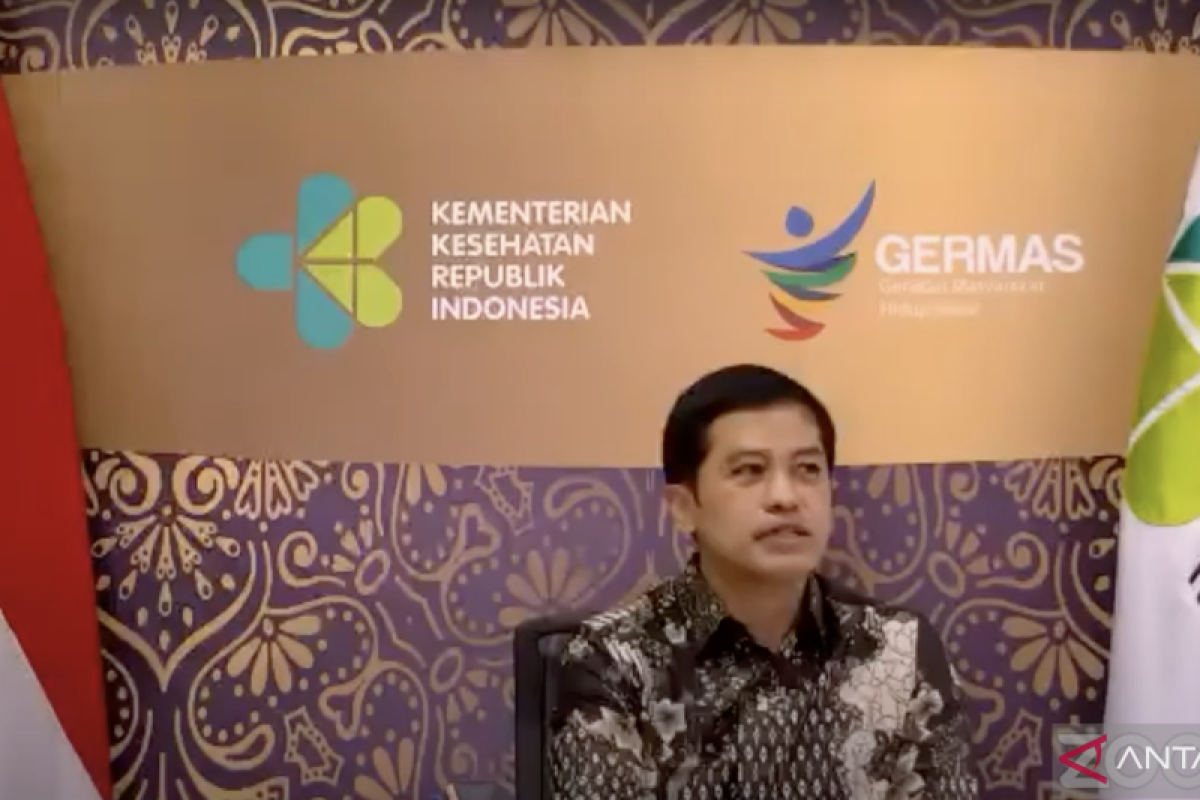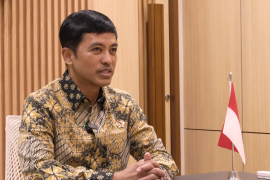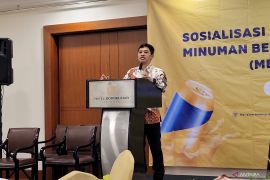The Ministry of Health is conducting health transformation and mapping the acceleration of the MMR and IMR reduction programs in accordance with the six pillars of health transformation, one of which and the most important is the transformation of prJakarta (ANTARA) - Deputy Health Minister Dante Saksono Harbuwono affirmed that the integrated health posts (posyandu) would be the spearhead for reducing the maternal mortality rate (MMR) and infant mortality rate (IMR) that remain high in Indonesia.
"The Ministry of Health is conducting health transformation and mapping the acceleration of the MMR and IMR reduction programs in accordance with the six pillars of health transformation, one of which and the most important is the transformation of primary services," Harbuwono stated during an online seminar, Tuesday.
He noted that based on national-level maternal and perinatal audits, most of the interventions to reduce MMR and IMR could only be conducted with integration in primary services.
Related news: New polio infections highlight importance of immunization: IDAI
"To expand primary coverage, we are expanding to 300 thousand posyandu and prima posyandu. Imagine, if there were more health services, more people would have access to these health services," he remarked.
The prima posyandu will later comprise a minimum of two health workers -- one midwife and one nurse -- equipped with standardized infrastructure to provide services and a role as a basic health community institution, Harbuwono elaborated.
The Ministry of Health has compiled seven main intervention programs and is currently conducting the piloting of prima posyandu at nine locations: South Sumatra, West Java, East Java, South Kalimantan, South Sulawesi, East Nusa Tenggara (NTT), West Nusa Tenggara (NTB), Maluku, and Papua.
Harbuwono remarked that his ministry could not work alone in reducing MMR and IMR. The ministry also needed the involvement of professional academics and the general public to reduce MMR and IMR rates that were a priority in the Mid-Term National Development Program (RPJMN) and Sustainable Development Goals (SDGs.)
Related news: Papua needs more specialists to improve health services: official
Academics are expected to conduct research on the implementation of Posyandu and Posyandu Prima. Meanwhile, health professionals will implement programs to accelerate the MMR and IMR reduction in primary care and referral services, as well as the general public to support the dissemination of information related to reducing MMR and IMR.
"If all of them work, we can achieve a stronger and healthier Indonesia by strengthening primary resilience as one of the spearheads for reducing and improving the quality of Indonesia's maternal and child health for the future," he affirmed.
Currently, MMR has reached 305 cases per 100 thousand births and is targeted to decrease to 183 cases per 100 thousand births in 2024. Meanwhile, IMR reaches 24 cases per one thousand births, and by 2024, it is expected to reach 16 cases per one thousand births.
Related news: Ministry dispatches health workers, assistance to quake-hit Cianjur
Related news: Jakarta Health Office finds no polio cases in capital city
Translator: Kuntum Khaira R, Resinta S
Editor: Fardah Assegaf
Copyright © ANTARA 2022












